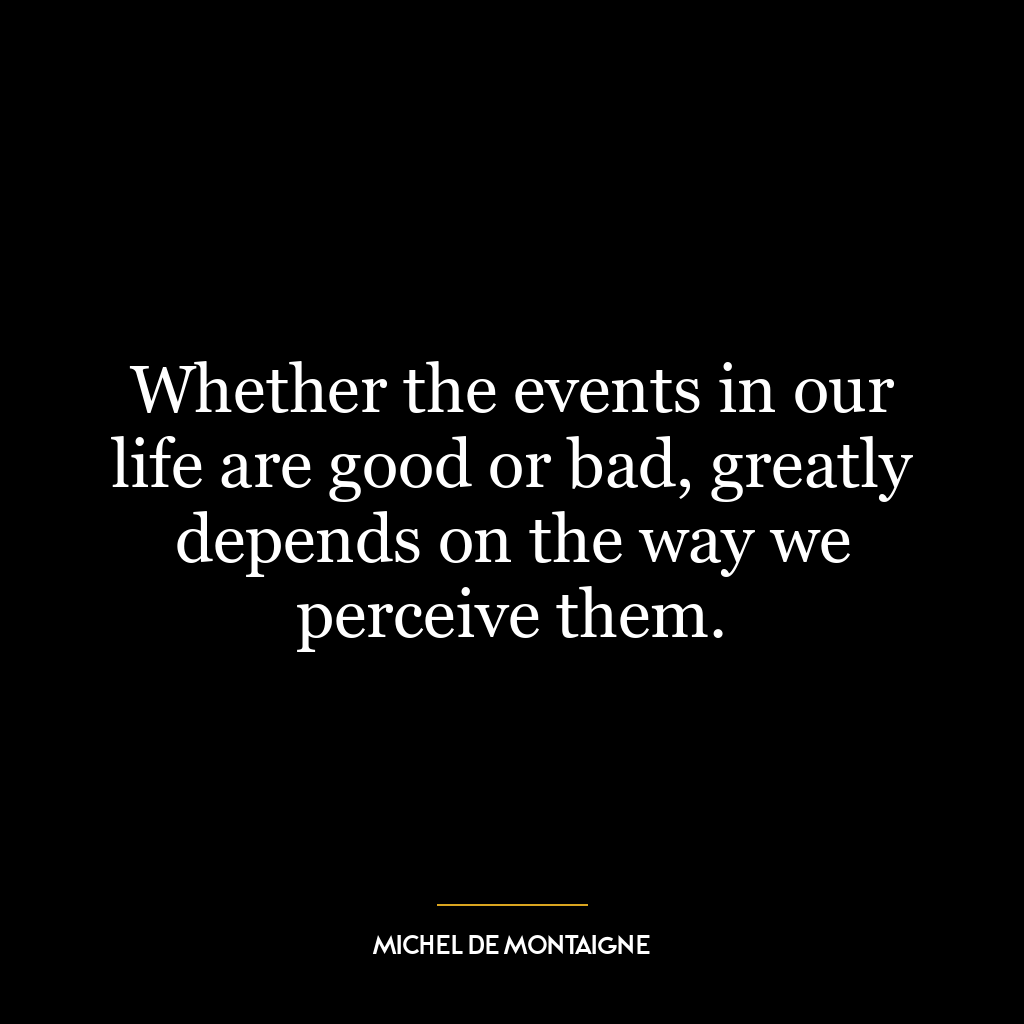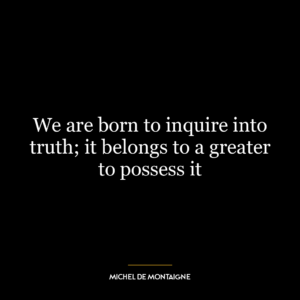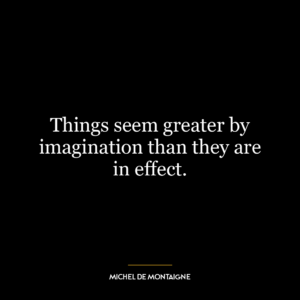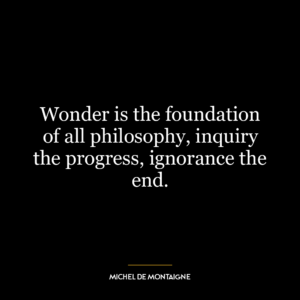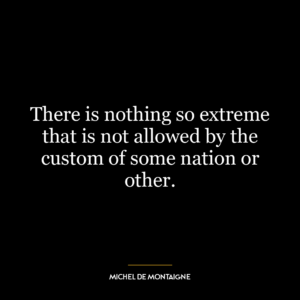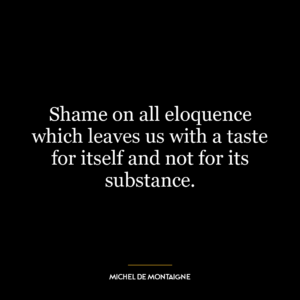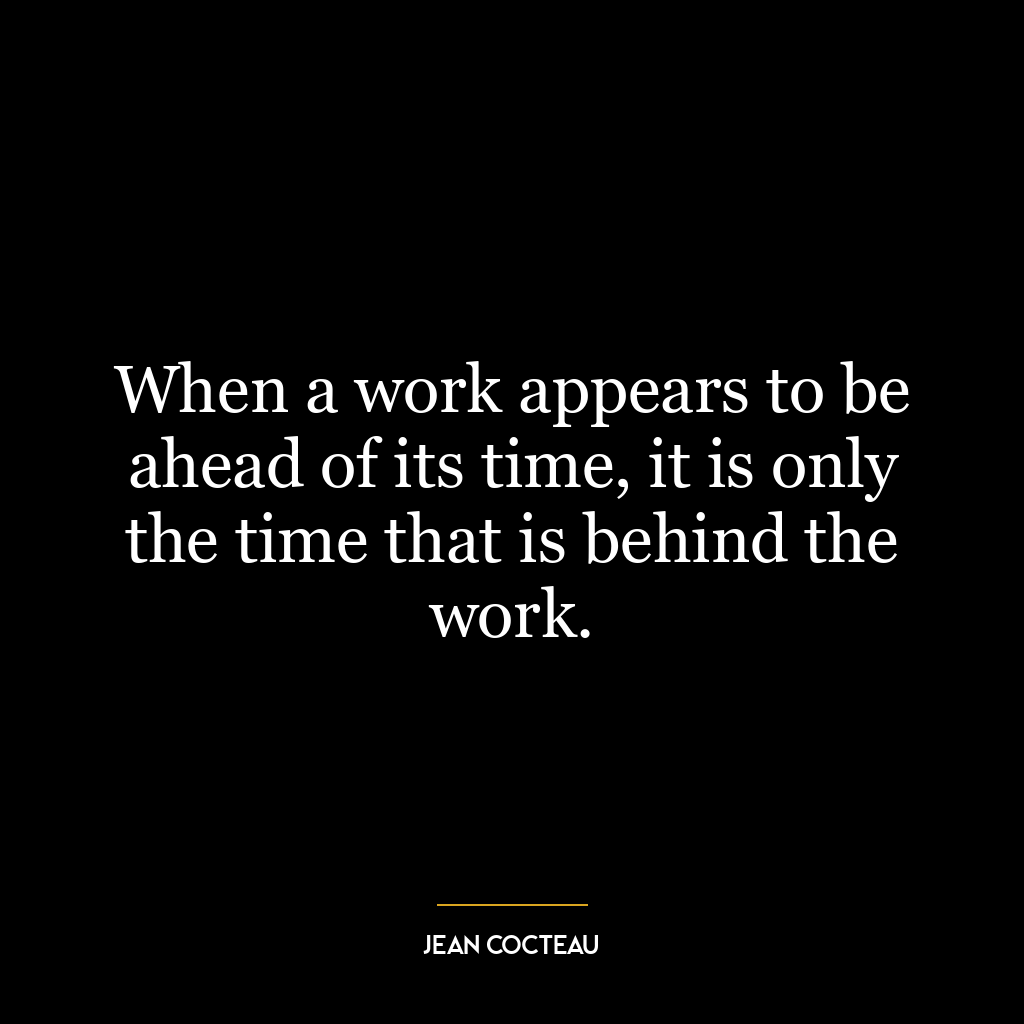Whether the events in our life are good or bad, greatly depends on the way we perceive them.
This quote suggests that our perception, or how we view and interpret events, has a significant impact on whether we perceive them as good or bad. It implies that our mindset and attitude play a crucial role in shaping our experiences. In other words, the same event can be seen as positive by one person and negative by another based purely on their individual perspectives.
For instance, imagine two people who lose their jobs. One might see it as a disaster, focusing on the loss of income and security. They perceive this event as ‘bad’. The other person might see it as an opportunity to explore new career paths or start their own business; they perceive this event as ‘good’. The actual event is the same; what differs is each person’s interpretation of it.
Applying this idea in today’s world requires cultivating mindfulness and emotional intelligence to manage our perceptions actively. This could mean reframing challenges as opportunities for growth rather than threats to our wellbeing. In personal development terms, it involves developing resilience – the ability to bounce back from adversity by maintaining a positive outlook.
In modern society where stress levels are high due to various pressures such as work demands or societal expectations, understanding that perception shapes experience can be empowering. It helps us realize that we have control over how we respond to life’s ups and downs.
In essence, Montaigne’s quote encourages us not just to passively accept events in our lives but actively shape how these events affect us through altering our perceptions of them – turning obstacles into opportunities for growth whenever possible.

